Intro
Define your destination and map your journey to success. Discover how to set and achieve goals, create a vision board, and prioritize whats truly important. Learn to clarify your values, overcome obstacles, and cultivate a growth mindset to reach your desired outcomes and live a purpose-driven life.
Understanding the importance of setting clear goals is crucial for any endeavor, whether personal or professional. Having a well-defined destination in mind allows individuals to focus their efforts, measure progress, and make informed decisions along the way. In essence, knowing where you're headed is the first step towards getting there.
As humans, we're wired to respond to clarity and direction. Think of it like embarking on a road trip without a map or GPS. You might enjoy the scenic route, but you'll likely end up lost and frustrated. The same principle applies to our personal and professional lives. Without a clear sense of direction, we risk meandering aimlessly, wasting time and energy on non-essential activities.
So, where are you headed? What are your goals, aspirations, and dreams? Take a moment to reflect on these questions. Are you looking to advance in your career, build meaningful relationships, or improve your physical and mental well-being? Perhaps you're seeking financial freedom, creative fulfillment, or a sense of purpose. Whatever your objectives, it's essential to define them clearly and make them tangible.
Setting SMART Goals
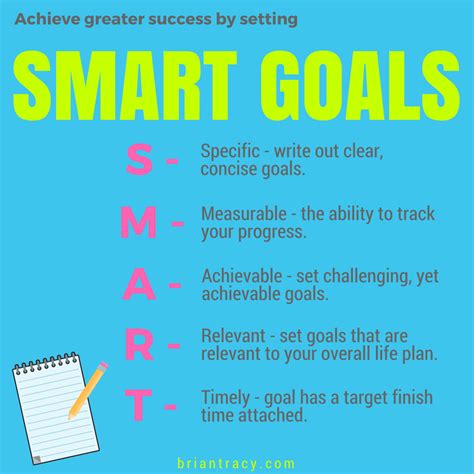
When setting goals, it's essential to make them Specific, Measurable, Achievable, Relevant, and Time-bound (SMART). This framework helps ensure that your objectives are clear, actionable, and aligned with your values and priorities.
- Specific: Clearly define what you want to achieve. Instead of "I want to be healthier," try "I want to lose 10 pounds in the next 3 months."
- Measurable: Quantify your goal so you can track progress. "I want to increase my sales revenue by 15% within the next 6 months."
- Achievable: Ensure your goal is realistic and attainable based on your resources and constraints. "I want to learn conversational Spanish in the next 12 months" might be more achievable than "I want to become fluent in Spanish in 3 months."
- Relevant: Align your goal with your values, needs, and priorities. "I want to start a family" might be more relevant to your personal goals than "I want to become a professional athlete."
- Time-bound: Establish a specific deadline or timeframe for achieving your goal. "I want to write a novel within the next 2 years" provides a clear sense of urgency and focus.
Benefits of Setting Clear Goals
- Increased motivation: Clear goals give you direction and focus, helping you stay motivated and engaged.
- Improved decision-making: With well-defined objectives, you can make informed decisions that align with your priorities.
- Enhanced productivity: By focusing on what's truly important, you can allocate your time and energy more efficiently.
- Better time management: Clear goals help you prioritize tasks and avoid procrastination.
- Reduced stress and anxiety: Knowing what you want to achieve can reduce uncertainty and anxiety, leading to a greater sense of calm and confidence.
Creating an Action Plan
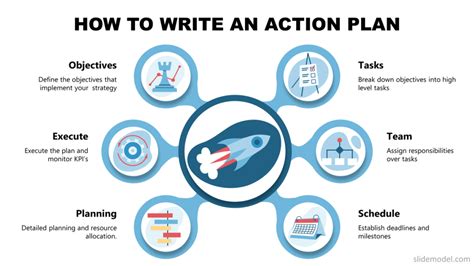
Once you've defined your SMART goals, it's essential to create an action plan. This involves breaking down larger objectives into smaller, manageable tasks and establishing a timeline for completion.
- Identify key tasks: What specific actions do you need to take to achieve your goal? Break down larger tasks into smaller, bite-sized chunks.
- Establish a timeline: Create a schedule for completing each task, including deadlines and milestones.
- Allocate resources: Identify the resources (time, money, support) you need to achieve your goal.
- Track progress: Regularly monitor your progress, adjusting your plan as needed.
By following these steps, you can turn your goals into reality. Remember, the key to success lies in clarity, focus, and persistence.
Overcoming Obstacles and Staying Motivated

Life is full of unexpected twists and turns. When faced with obstacles or setbacks, it's essential to stay motivated and focused on your goals.
- Reframe negative thoughts: View challenges as opportunities for growth and learning.
- Celebrate small wins: Acknowledge and celebrate your progress, no matter how small.
- Seek support: Surround yourself with positive, supportive people who can help you stay motivated.
- Stay flexible: Be willing to adjust your plan when circumstances change.
By embracing these strategies, you can overcome obstacles and stay motivated on your path to achieving your goals.
Conclusion: Embracing the Journey

Defining your destination is just the beginning. The journey itself is where the real growth and learning occur. By setting clear goals, creating an action plan, and overcoming obstacles, you can transform your life and achieve your aspirations.
Remember, the journey is just as important as the destination. Stay focused, motivated, and flexible, and you'll be well on your way to achieving your goals.
Goal Setting Image Gallery
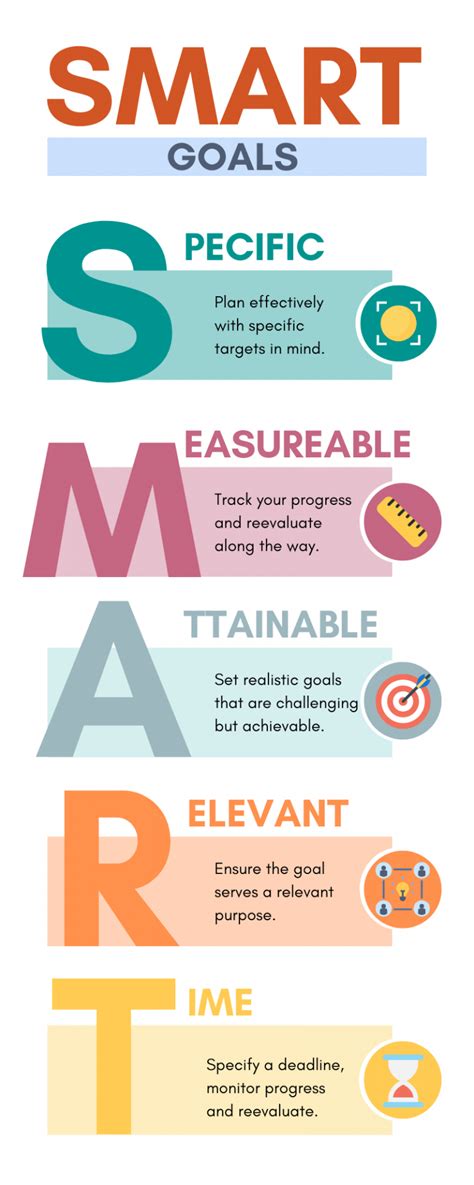
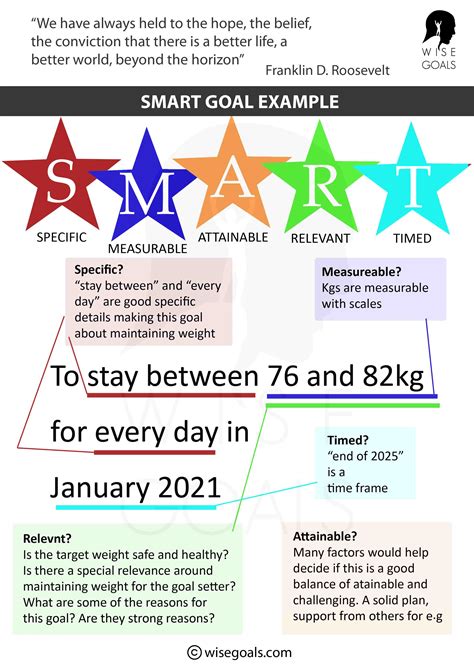
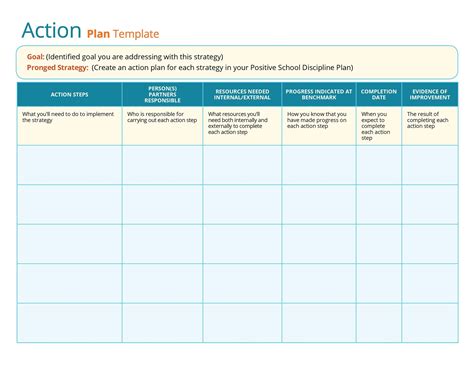



What is the most effective way to set goals?
+The most effective way to set goals is to make them Specific, Measurable, Achievable, Relevant, and Time-bound (SMART).
How do I stay motivated when faced with obstacles?
+Reframe negative thoughts, celebrate small wins, seek support, and stay flexible to overcome obstacles and stay motivated.
What is the importance of having a clear goal in mind?
+Having a clear goal in mind helps increase motivation, improve decision-making, enhance productivity, and reduce stress and anxiety.
